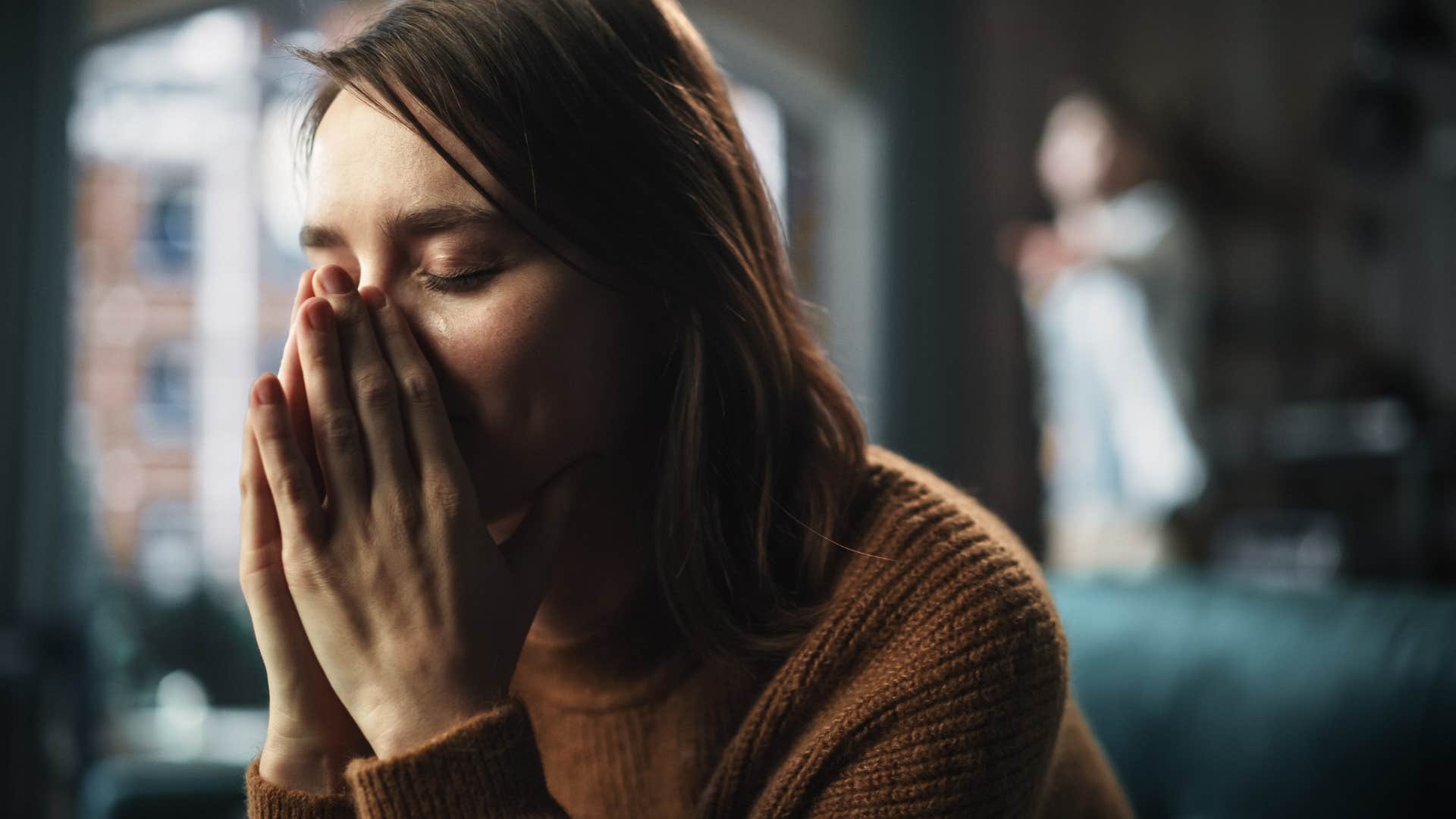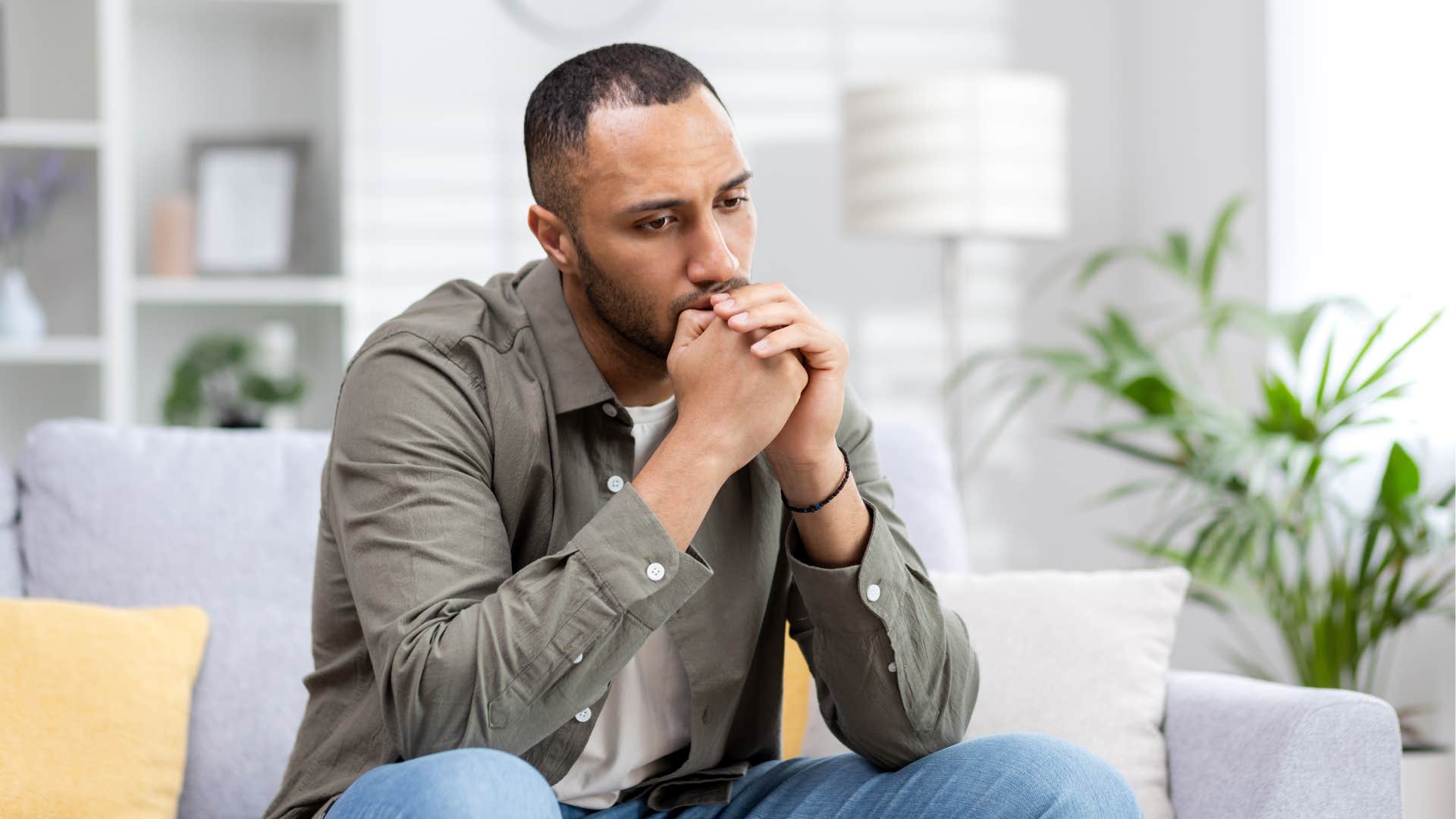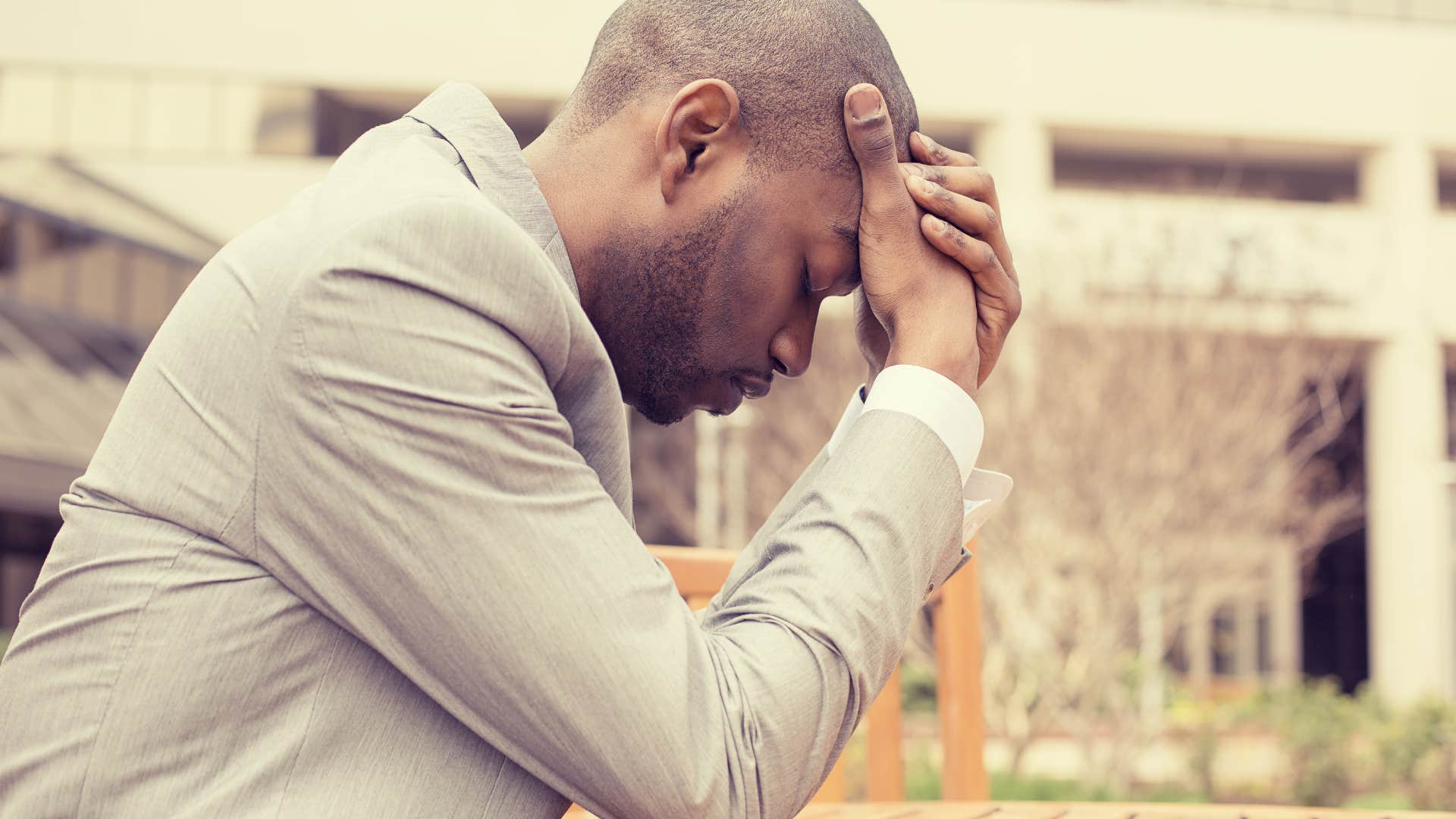7 Signs Someone Grew Up Feeling Unloved (Even If They'd Never Admit It)
Signs someone wasn't loved as they should have been as a child.
 Lany-Jade Mondou | Pexels
Lany-Jade Mondou | Pexels It happens when your parents fail to respond enough to your emotional needs while they’re raising you. Emotional Neglect is an invisible, unmemorable childhood experience. Yet unbeknownst to you, it can hang over you like a cloud, coloring your entire adult life. What makes Childhood Emotional Neglect (CEN) invisible and unmemorable? Several important factors.
First, it can happen in otherwise loving, caring families that lack for nothing materially. Second, your parents’ failure to respond is not something that happens to you as a child. Instead, it’s something that fails to happen for you as a child. Our eyes don’t see the things that fail to happen. And so our brains can’t record them.
Decades later, as an adult, you sense that something is not right, but you don’t know what it is. You may look at your childhood for answers, but you cannot see the invisible. So you are left to assume that something is innately wrong with you.
“Whatever is wrong, it’s my fault,” you secretly believe. “I’m different from other people. Something is missing. I’m flawed.” Yet it’s not your fault. There are answers. And once you understand the problem as to why you grew up feeling unloved, you can heal.
Here are seven signs someone grew up feeling unloved, even if they'd never admit it:
1. They constantly feel empty
 Perfect Wave / Shutterstock
Perfect Wave / Shutterstock
Emptiness feels different for different people. For some, it’s an empty feeling in their belly, chest, or throat that comes and goes. For others, it’s a numbness.
Research has argued that the unfulfilled emotional needs during crucial developmental stages create a deficit in adulthood. At its core, this is a deep-seated belief that individuals are unlovable or unworthy of connection.
2. They fear being dependent
 Gorodenkoff / Shutterstock
Gorodenkoff / Shutterstock
It’s one thing to be an independent kind of person. But feeling deeply uncomfortable about depending on anyone is another thing altogether. If you find yourself taking great care to not need help, support or care from others, you may have this fear.
A 2019 study explained that a lack of affection and validation in childhood can foster a deep-seated fear of abandonment and a tendency to either become overly clingy or fiercely independent as a way to cope. Gradually building trust and intimacy in relationships, while setting healthy boundaries, can help individuals overcome their fear of dependence.
3. They see themselves through a distorted lense
 TetianaKtv / Shutterstock
TetianaKtv / Shutterstock
Do you find it hard to know what you are capable of? What are your strengths and weaknesses? What do you like? What do you want? What matters to you? Struggling to answer these questions is one of the signs you were neglected as a child and that you don’t know yourself as well as you should.
Evidence has found that a lack of love, support, and validation during our formative years can lead to a fragile sense of self-worth that manifests as self-doubt. While this strong link exists, it's important to remember that other factors can also influence your self-perception.
4. They have no compassion for themselves, but plenty for others
 fizkes / Shutterstock
fizkes / Shutterstock
Are you harder on yourself than you would ever be on a friend? Do others talk to you about their problems, but it’s hard for you to share yours?
According to a 2021 study, this happens because individuals may internalize the lack of emotional support and validation they received, leading to a harsh inner voice that perpetuates feelings of not being good enough or undeserving of love and attention. Insecurely attached individuals may have difficulty trusting themselves or others, leading to heightened self-criticism, a need for external validation, or difficulties in emotional regulation.
5. They carry guilt, shame, self-directed anger, and blame
 ESB Professional / Shutterstock
ESB Professional / Shutterstock
Guilt, shame, anger, and blame — The fabulous four, all directed at yourself. Some people have a tendency to go straight to guilt and shame whenever a negative event happens in their lives.
Do you feel ashamed of things that most people would never be ashamed of? Like having needs, making mistakes, or having feelings?
Researchers have found a strong correlation between negative childhood experiences and these emotional patterns. It's also worth noting that factors like individual resilience, interpersonal relationships later in life, and access to mental health support can play a role in affecting these patterns.
6. They feel fatally flawed
 SB Arts Media / Shutterstock
SB Arts Media / Shutterstock
This is that deep sense I talked about above. You know that something is wrong in your life, but you can’t pinpoint what it is. “It’s me,” you say to yourself, and you feel that it is true. “I’m not likable.” “I’m different than other people.” “Something is wrong with me.”
This belief often comes from a lack of consistent parental validation, love, and acceptance during formative years. Research has found that these individuals might struggle with a persistent sense of not being good enough and find it difficult to accept compliments or validate their own worth.
7. They have difficulty feeling, managing, or expressing emotions
 Perfect Wave / Shutterstock
Perfect Wave / Shutterstock
Do you get tongue-tied when you’re upset? Have a limited vocabulary of emotive words? Often feel confused about why people (including yourself) feel or act the way they do?
Parents who under-notice, undervalue, or under-respond to their child’s emotions inadvertently convey a powerful, subliminal message to the child: Your feelings don’t matter.
To cope as a child, you naturally push your emotions down, to keep them from becoming a “problem” in your childhood home. Then, as an adult, you are living without enough access to your emotions: your emotions, which should be directing, guiding, informing, connecting, and enriching you; your emotions, which should be telling you who matters to you and what matters to you, and why.
And now for the excellent news of the day: It’s not too late for you. Once you understand the reason for your forever “flaw,” and how it came about, you can heal from your Childhood Emotional Neglect by attacking it. You can establish a new pipeline to your emotions. You can learn the skills to use them.
You can finally accept that your feelings are real and that they matter. You can finally see that you matter. You can take on your Childhood Emotional Neglect, and your life will change.
Jonice Webb, Ph.D., is a licensed psychologist and best-selling author of two self-help books. She specializes in childhood emotional neglect, relationships, communication issues, and mental health. Dr. Webb has appeared on CBS News and NPR, and her work has been cited by many publications.

